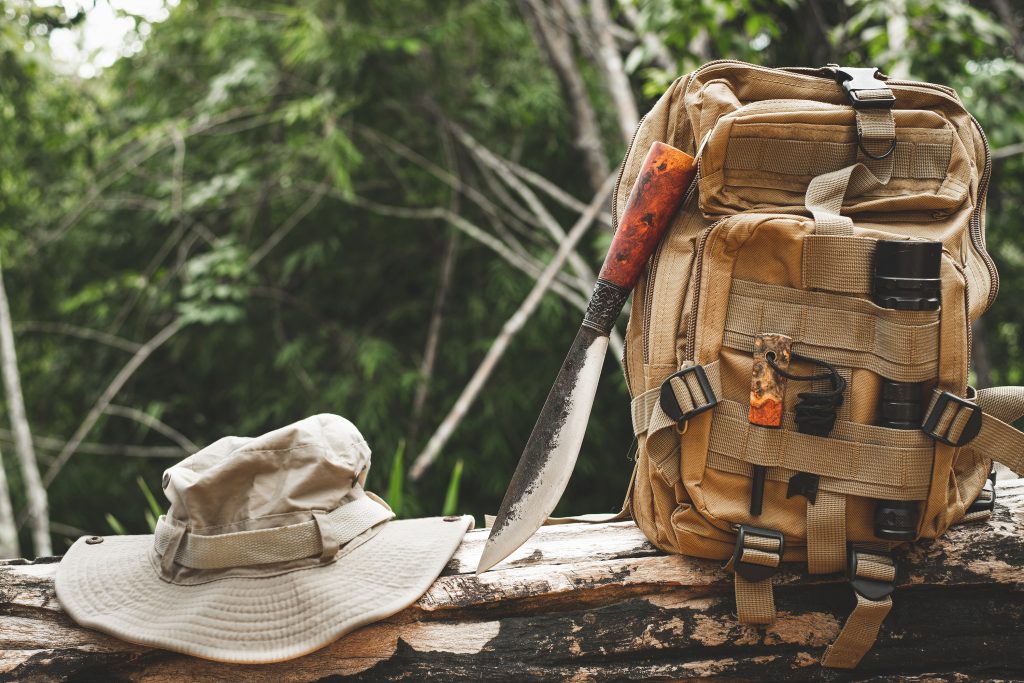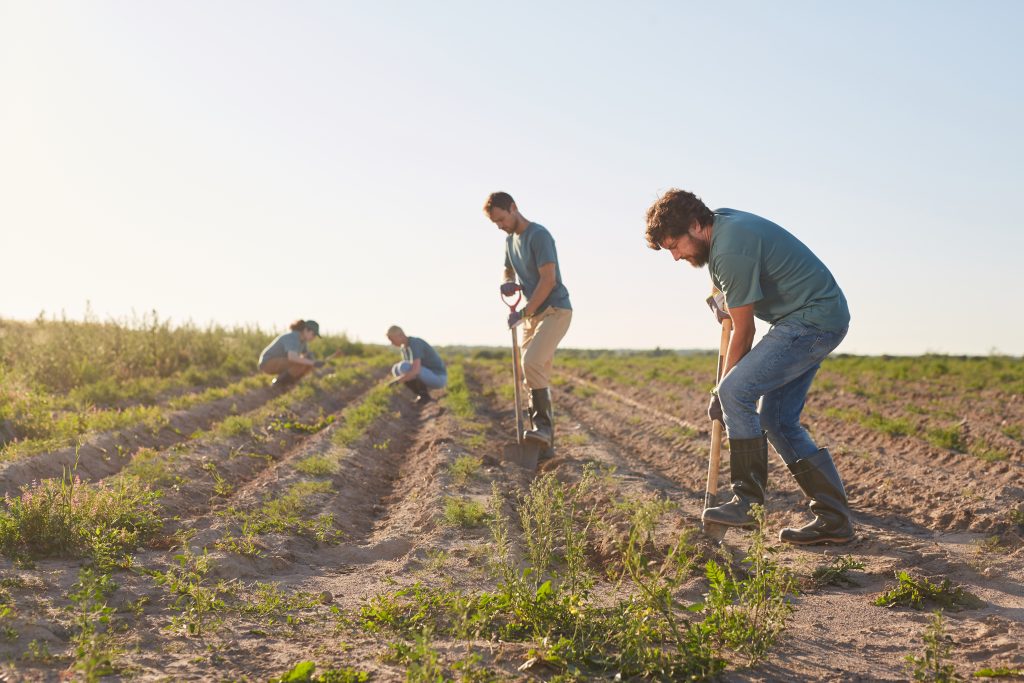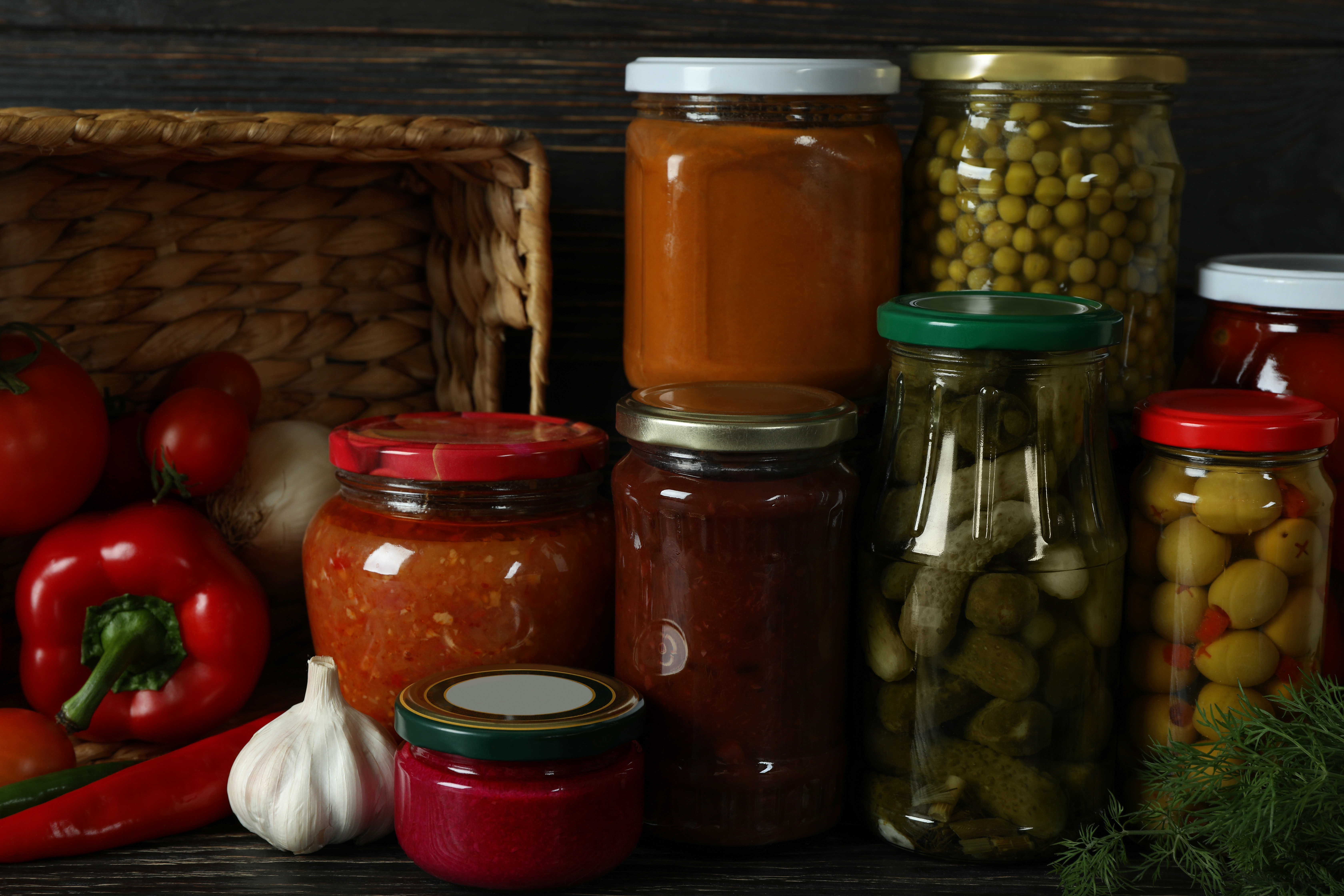It is better to have something and not need it, then to need something and not have it.
There are many reasons a person gets into emergency preparedness and survival. Most preppers at the end of the day are normal people with jobs and families, who just don’t want to find themselves dependent on their neighbors or their government if some catastrophic event should occur. These are people who in the course of their otherwise common lives have noticed that the world is a delicate place., and they see the potential for it to all come tumbling down some day.
Before National Geographic’s show Doomsday Preppers was created, most people wouldn’t know what you meant when you said “prepper.” The public may have been poorly informed about the average prepper, and probably thinks of somebody in the woods with a lot of guns and MREs waiting nervously for societal collapse. For some of us that may not be far from reality, but I think that most preppers are just trying to hedge their bets.

Some of them saw the aftermath of events like Hurricane Katrina and Sandy with the failures of FEMA and were encouraged to be more proactive. Some have witnessed the crime that can occur between the haves and the have-nots in desperate times. Some people just like to make sure they have drinking water and batteries for the flashlight in the event of a power outage. Others may be preparing in the event of job loss. Yet others still crave the self-reliant life and move out to the sticks and rough it. Whatever you are preparing for and regardless of the amount of time and resources you have spent on your preps, one thing is common among all preppers: we want to be ahead of the storm.
The grid is surprisingly fragile to many people. When one or more of those systems fails most people appear completely caught off guard. It is commonly said that most people are only 9 meals away from WROL meaning that they only have about 3 days of food in their homes. Hungry people are desperate people, and desperate people are dangerous people. In 2012, the amount of Americans receiving assistance for food from the government was nearly 48 Million. That number has fallen by 2 or 3 million since than but it’s still a significant number of people. Nearly 15% of Americans last time I checked and in some states the number is over 20%.What would these 10s of millions of people do if they all lost those benefits at once? What about when 1 in 7 people is starving to death, or worse taking what they need to survive by force?

In 2013 the food stamp system went down in just two cities with a combined population of just over 10,000, and for only a few hours. As a result, many welfare recipients panicked, rushing to buy cart loads of food, and leaving the shelves bare. Other similar outages have prompted talk of riots and even incidents of looting. Imagine what would happen if the outage was not just temporary, and not just the food stamp system. What would happen if a disaster caused the trucks to be unable to deliver fresh supplies to stores? current inventory control systems only allow for about a day and a half worth of supplies. This is an upper limit on how long it would take for the store to be stripped completely bare, with no immediate resupply.
Many people are apprehensive in beginning to prepare. They think it will be a massive disruption and they will have to make a lot of changes. It doesn’t take a lot of money time or resources to begin prepping. Save $20 of the grocery budget each month and buy some extra beans and rice. Keep your gas tanks full. Pay attention to the news especially as it relates to trade and finance. Plant a garden. These are all things that can be done with little effort to make you just that much more self reliant. When you break it down, getting into prepping is as easy or as difficult as you want it to be.
There are many kinds of preparedness minded people, but the one thing they have in common is that they all ask themselves “What if?”. The most common type is the armchair prepper, who typically watches the TV shows, reads articles, maybe even engages actively in online discussion, but does not actively practice any skills. In SHTF, they are usually unprepared, or unable to implement a plan that actually works. Another common prepper type is the weekend warrior. Typically they will have a 9-5 job, a small prep, maybe even a garden or bugout bag, but they do not usually devote a lot of time to preparing. They can typically weather a small emergency, but are unprepared for a major disaster.

On the other end of the spectrum is the panic mode prepper. They are not interested in small emergencies, and typically will carefully plan out a full-scale prep designed to outlast a specific major disaster such as an EMP or economic collapse. They will generally outlast whatever scenario they have prepped for, but will be completely unable to cope with an unexpected situation that requires them to deviate from their plan. Another type of prepper that is at a disadvantage is the one that thinks they can buy their way out of an SHTF situation. They typically have all the supplies and equipment to outlast a disaster, but have no idea how to use it, and instead plans to rely on others with the intention of bartering for those skills.
Another distinct type of prepper is the lone wolf. Some people recognize that some human beings can be a threat or a burden in SHTF, and so choose to go it alone. This can pose a significant disadvantage, because there is safety in numbers; you have to sleep sometime. In general, you will want to be part of a small group to help protect you against the most dangerous kinds of prepper; the sociopaths and marauders. These people consider their weapons and ammunition to be the most essential part of their prep, and will happily take what others have in order to survive. The best defense against this is to form a small, tight knit, mutual aid group, and to make preparedness a lifestyle choice, not just a collection of supplies or a handful of bush skills.

By lifestyle prepping we mean incorporating self reliance and readiness into daily living. Preparedness is an ongoing process, and not just something you can do once and forget about it. You are going to fail at least once, but keep trying. Your group is only as strong as its weakest member, and you are of no value to anyone if you do not take care of yourself; Put the oxygen mask on yourself before you put it on the other person. The biggest reason why we prep is for ourselves, those we care about, and our future. It brings great peace of mind to look into your pantry and seeing six months or more worth of food, going out and seeing your garden that will be there for years to come, and having plenty of water stored.
